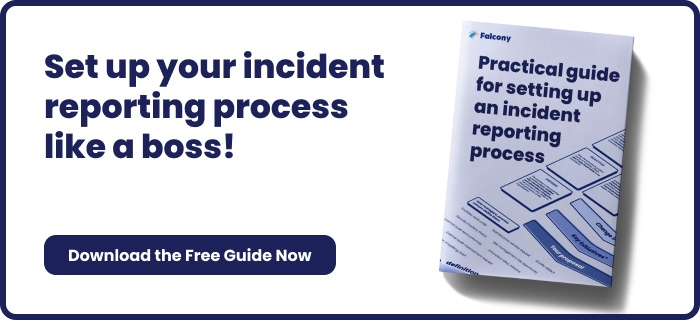Understanding Reliability-Centered Maintenance (RCM)
In the world of industrial maintenance and asset management, ensuring the reliability of equipment and machinery is of paramount importance. Downtime and unexpected failures can result in substantial financial losses, not to mention safety hazards. To address these concerns, many industries have turned to Reliability-Centered Maintenance (RCM) as a systematic approach to keep their operations running smoothly. In this blog, we will explore what RCM is, its principles, and its benefits.
What is Reliability-Centered Maintenance?
Reliability-Centered Maintenance, or RCM, is a comprehensive maintenance strategy developed to improve the reliability, performance, and safety of complex systems and equipment. It was first introduced in the aviation industry during the 1960s but has since been adopted across various sectors, including manufacturing, energy, transportation, and more.
The fundamental premise of RCM revolves around the concept of optimizing maintenance activities to ensure equipment functions efficiently and safely while minimizing costs. RCM is a structured and data-driven methodology that helps organizations make informed decisions about when, how, and why to maintain their assets.
Key Principles of RCM
-
Identify Critical Assets: The first step in RCM is to identify the most critical assets within an organization. These are the equipment, machinery, or systems whose failure could have the most significant impact on safety, production, or the bottom line.
-
Understand Failure Modes: Once critical assets are identified, RCM teams delve into the understanding of failure modes. This involves identifying all possible ways in which an asset could fail, including the root causes and consequences of failure.
-
Evaluate Consequences: RCM assesses the consequences of each failure mode. This evaluation considers factors like safety risks, environmental impacts, production losses, and repair costs.
-
Determine Maintenance Strategies: After a thorough analysis of failure modes and their consequences, RCM teams determine the most suitable maintenance strategy for each asset. These strategies typically fall into one of the following categories:
- Preventive Maintenance: Scheduled maintenance tasks to prevent failures.
- Predictive Maintenance: Condition-based monitoring and inspections.
- Run-to-Failure: No proactive maintenance; asset is repaired when it fails.
- Redesign or Replacement: Consider modifying or replacing the asset if necessary.
- Implementation and Review: Once maintenance strategies are established, they are put into practice. RCM also emphasizes continuous review and improvement of maintenance plans based on real-world data and feedback.
Benefits of RCM
-
Improved Reliability: RCM helps organizations identify and address potential failure modes proactively, leading to improved asset reliability and uptime.
-
Cost Optimization: By focusing maintenance efforts on critical assets and tailoring strategies accordingly, RCM helps minimize unnecessary maintenance costs while maximizing equipment lifespan.
-
Safety Enhancement: RCM takes into account safety risks associated with equipment failure, promoting safer working environments through preventive measures.
-
Increased Efficiency: By prioritizing maintenance activities, RCM ensures that resources are allocated efficiently, reducing downtime and improving overall operational efficiency.
-
Regulatory Compliance: RCM aids in meeting regulatory requirements and industry standards, ensuring that organizations remain in compliance with relevant laws and guidelines.
Conclusion
Reliability-Centered Maintenance (RCM) is a structured approach that allows organizations to make informed decisions about maintenance strategies for their critical assets. By focusing on understanding failure modes, assessing consequences, and implementing appropriate maintenance plans, RCM enhances reliability, safety, and cost-effectiveness. Embracing RCM can be a game-changer for industries seeking to optimally manage their assets and maintain a competitive edge in today's fast-paced business environment.
Are you looking for a tool to enable, record and monitor RCM or other quality processes in your organisation? Falcony | Platform ticks all the boxes for reporting, investigation management, is easy to customise, enables real dialogue and is a lot more.
We are building the world's first operational involvement platform. Our mission is to make the process of finding, sharing, fixing and learning from issues and observations as easy as thinking about them and as rewarding as being remembered for them.
By doing this, we are making work more meaningful for all parties involved.
More information at falcony.io.

Related posts
Reliability-Centered Maintenance (RCM) in Amusement Parks
Amusement parks are synonymous with joy, excitement, and unforgettable memories. Behind the scenes,...
Reliability-Centered Maintenance (RCM) in Urban Mobility
In the realm of public transportation and urban mobility, ensuring the smooth and efficient...
Reliability-Centered Maintenance (RCM) in Data Centers
In the digital age, data centers stand as the backbone of modern business operations, housing vast...





